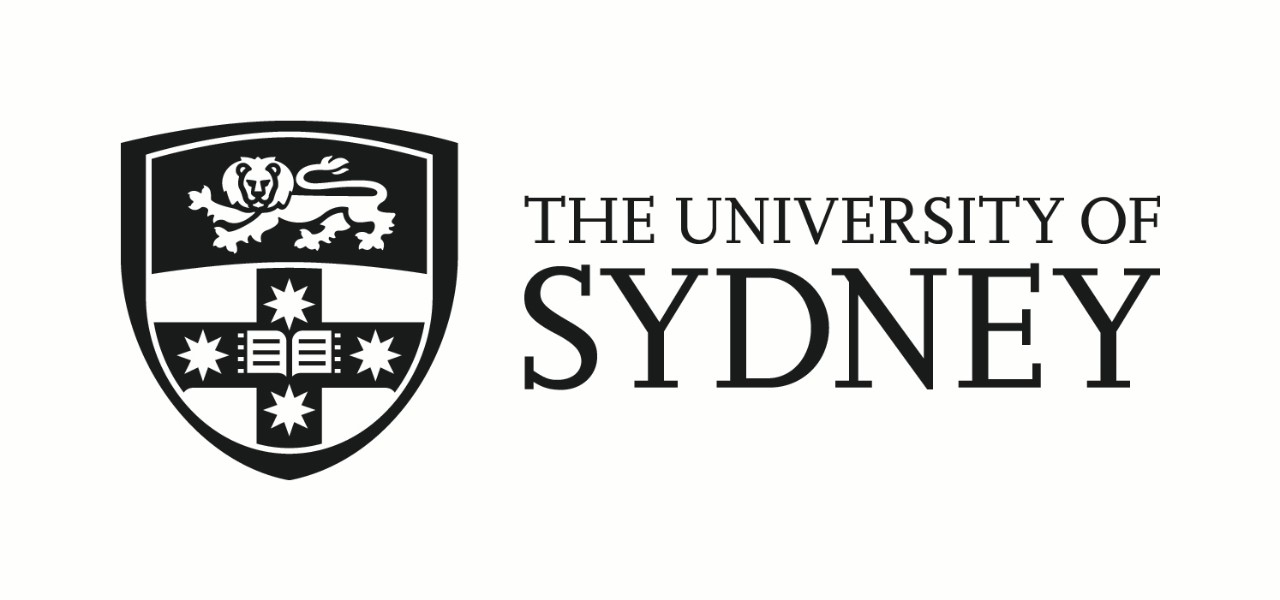
This article is sponsored by the University of Sydney. Authorised by Vice-Chancellor and President Prof. Mark Scott. Enquiries: 9351 2000; info.centre@sydney.edu.au
___________________________________________________________________
Lynette Riley, Chair of Aboriginal Education and Indigenous Studies, is the first Indigenous academic to be promoted to professor in the School of Education and Social Work. She shares her story of being first in her family and community to achieve such prestigious academic success.
The achievement is the latest step in her remarkable educational journey as the first in her family to complete high school and attend university. She then became a schoolteacher before carving out a groundbreaking career in higher education from TAFE to University of Sydney.
“This is for Dad,” Professor Riley said. “My parents only went to school until Year Three. In their era, the government had scientific research to prove that Aboriginal people were incapable of undertaking higher forms of education. They only received enough education believed to be sufficient to be good servants or labourers for non-Indigenous Australians. The Aboriginal curriculum focused on manual work. But Dad wanted more for us kids.
“He was always of the opinion that we were going to go through school and get a Higher School Certificate. Our doing it proved that he could have done it if he’d been given the same opportunities. I know he would be proud.”
Professor Riley believes she may be the first Aboriginal person from western NSW, including Dubbo, to be promoted to professor. “For many Aboriginal people, we’re still making history with firsts,” she said. “In a lot of communities, people are the first to complete school, go to TAFE or university. My community is so excited; they want to throw a mayoral reception for me.”
Professor Riley’s promotion reflects her academic integrity and excellence in research, and years of teaching experience. She is Chair of Aboriginal Education and Indigenous Studies in the School of Education and Social Work, and an acclaimed researcher in Aboriginal and Torres Strait Islander rights, education, racism and wellbeing.
Professor Lisa Jackson Pulver, Deputy Vice-Chancellor (Indigenous Strategy and Services), said Professor Riley is an inspiration to her students and fellow academics. “Lyn Riley is an astounding academic, who has provided quality guidance and support to countless Aboriginal and Torres Strait Islander staff and students in the academy. She is an inspiration to us all.”
Professor Riley is dedicated to preparing student teachers to “close the gap” between the educational outcomes of Indigenous and non-Indigenous students across Australia.
The 2024 NAPLAN results benchmarking the performance of Australian school students show educational disparity remains entrenched. First Nations students’ results are still far behind in numeracy, reading, writing, spelling, grammar and punctuation. “We can’t close the gap if we have teachers who are unprepared,” she said. “So, for me, it’s about tightening the way in which we train our teachers.”
In a first for any university in Australia, Professor Riley has created a ground-breaking unit where third-year teaching students focus on Aboriginal education during their eight-week placements in schools.
Their assessment task is to create or complete an Aboriginal community and school profile. This involves getting to know their community and school, and understanding their relationship with Aboriginal education. “Aboriginal education has to be done in every school, not just in schools with high Aboriginal student enrolments,” Ms Riley said.
“They then use that information to have a good idea about what’s working and what’s not. The same template should be something they can take away and use in any school they go to in the future as teachers.”
Professor Riley said the Department of Education only analysed Aboriginal student data for the first time in 2004. “The system needs to be better, and one way to improve it is to ensure that teachers are better trained. That’s what we’re looking at.”





